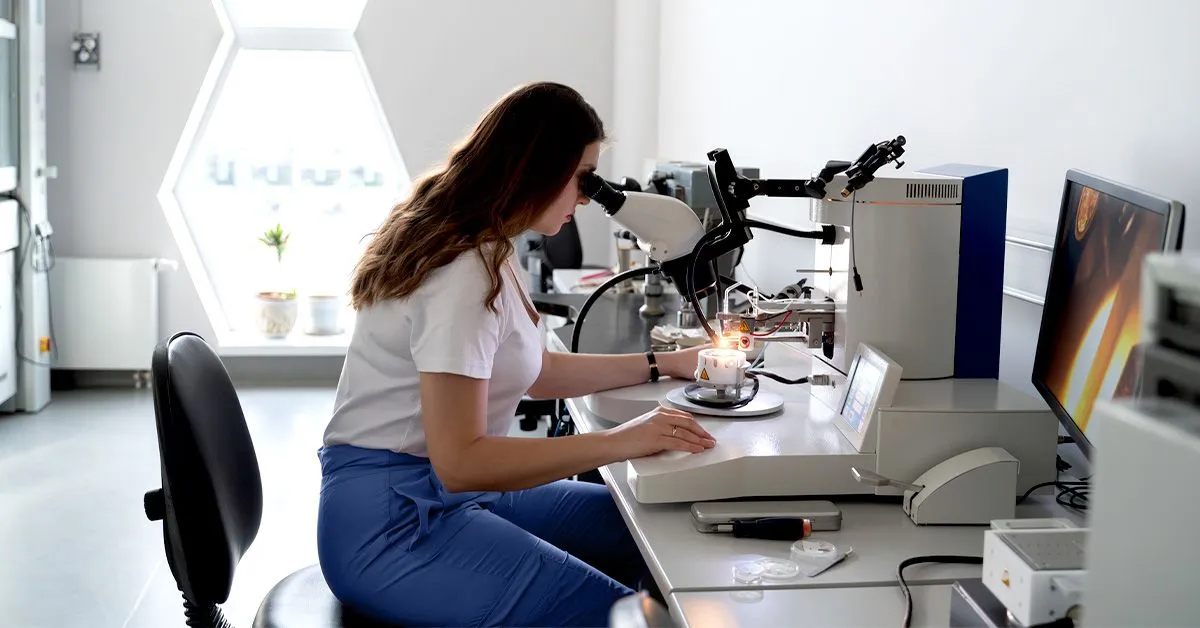Exploring the Impact of Mitochondrial Dysfunction on Crohn's Disease and Gut Microbiome

Key Findings on Mitochondria and Crohn's Disease
The recent study puts a spotlight on the critical relationship between mitochondrial dysfunction and the changes in the gut microbiome that may act as a potential trigger for Crohn's disease. Researchers emphasize that understanding these connections can lead to innovative treatment strategies.
The Role of Mitochondria
Mitochondria are known for their role in energy production; however, their impact extends to modulating the gut microbiome. Disruptions in mitochondrial function can lead to an imbalance in gut flora, contributing to the onset of Crohn's disease.
Implications for Research
- Study Design: Investigating the interplay between mitochondrial health and gut bacteria.
- Potential Outcomes: Identifying biomarkers for early detection of Crohn's.
- Future Directions: Exploring targeted therapies that restore mitochondrial function.
Conclusion: A New Perspective on Crohn's Disease
This study highlights an exciting avenue for research into Crohn's disease, underlining the need for further investigation into mitochondrial health as a key factor in gut microbiome regulation.
This article was prepared using information from open sources in accordance with the principles of Ethical Policy. The editorial team is not responsible for absolute accuracy, as it relies on data from the sources referenced.